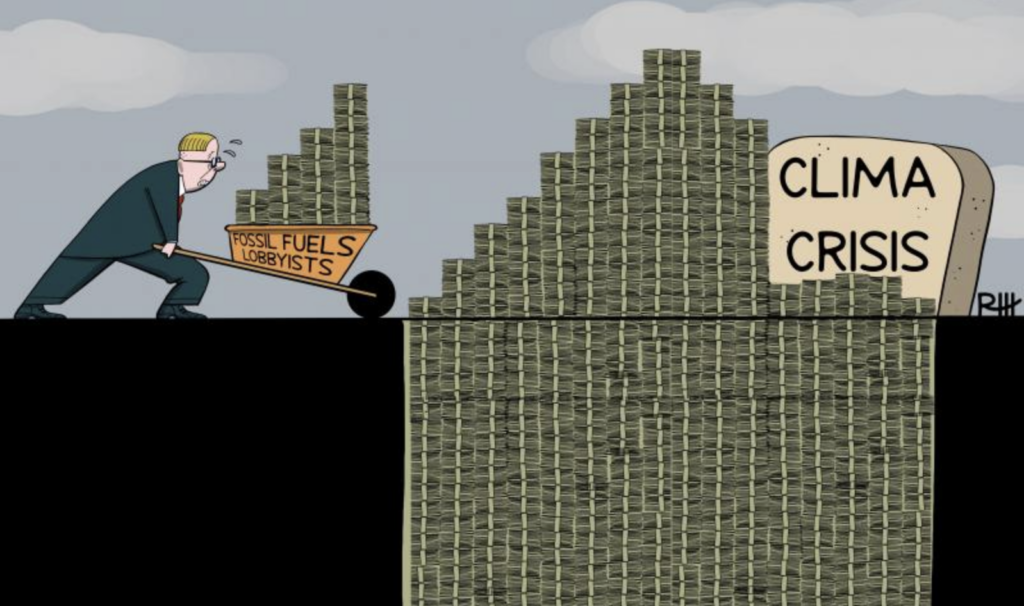Ice in the Arctic has melted to its lowest level since record keeping began nearly 30 years ago, reaching a minimum area on September 16 that was 1.2 million square kilometres below the previous mark from 2005.
Scientists from the University of Colorado at Boulder’s National Snow and Ice DataCenter said sea ice extent appears to have reached its minimum with the chances of it reaching a lower level unlikely this year.
“The amount of ice loss this year absolutely stunned us, because it didn’t just beat all previous records, it completely shattered them,” said senior scientist Mark Serreze.
Earlier, Environment Canada reported that last summer was the seventh-warmest on record, with temperatures 0.9 C higher than average. Canada’s all-time high was 1.8 C above normal in 1998.
Subscribe to our newsletter
Stay up to date with DeSmog news and alerts






